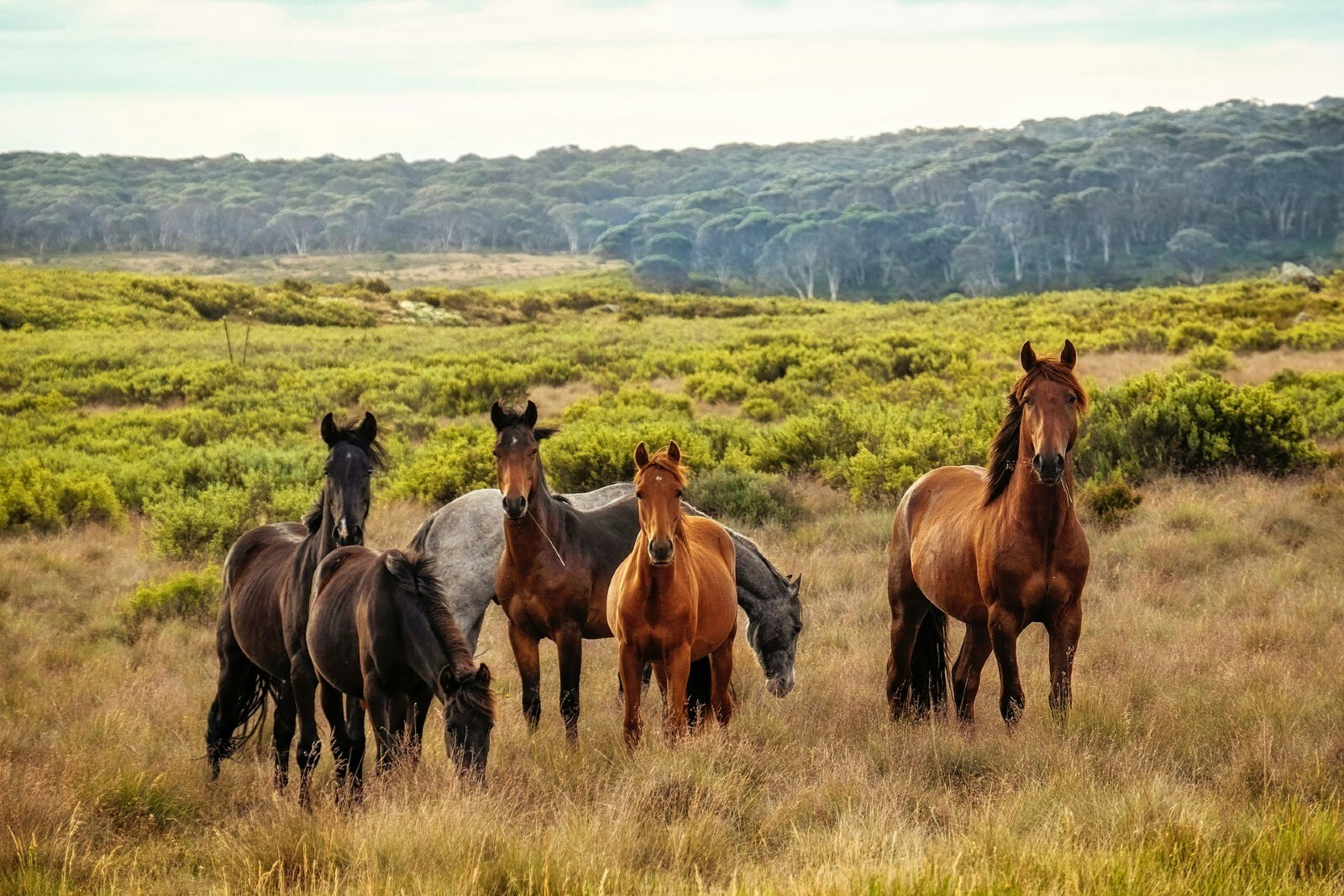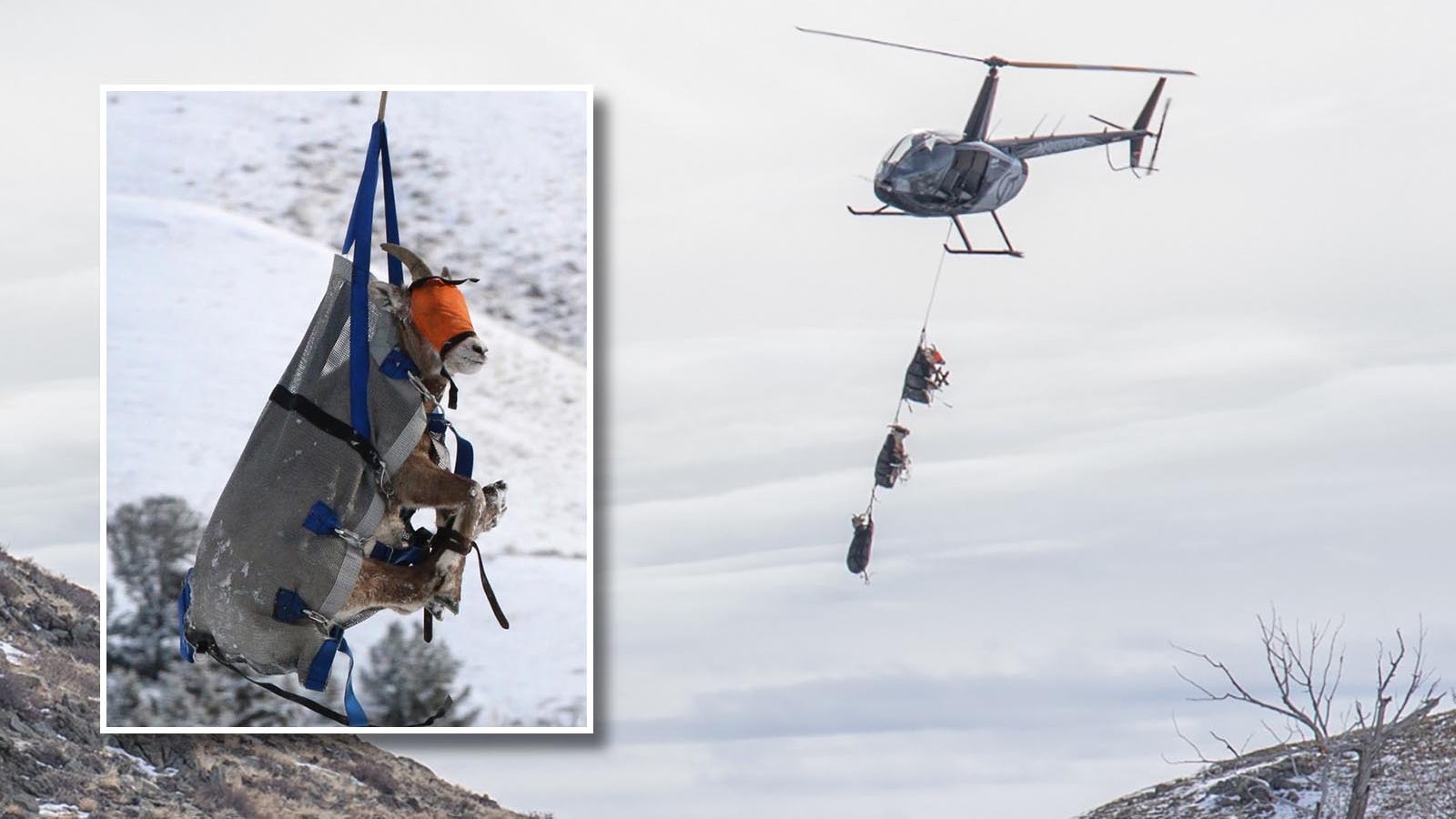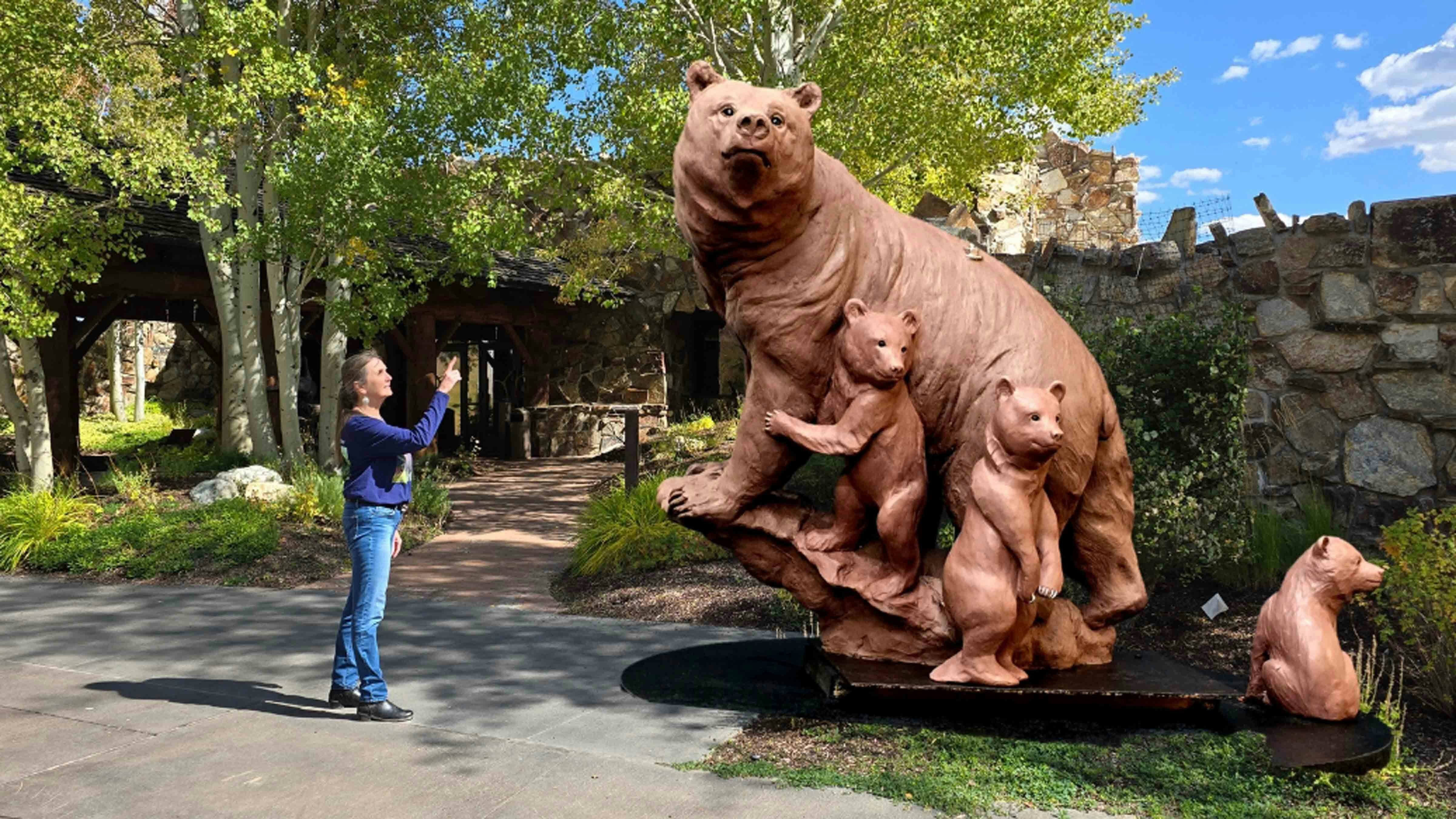The U.S. Bureau of Land Management (BLM) has the governor of Wyoming’s support to go forward with a wild horse gather in the southwestern part of the state.
Wyoming’s southwestern gather will manage herds across Carbon, Fremont, Lincoln, Sublette, and Sweetwater counties, according to a press release from Gov. Mark Gordon’s office. The federal agency, which manages resources on 18 million acres in Wyoming, has determined “that there are excess wild horses within the Adobe Town, Salt Wells Creek, Great Divide Basin, White Mountain and Little Colorado [Habitat Management Areas].”
“We must explore solutions that balance multiple uses, including forage for livestock and habitat for wildlife, all the while sustaining healthy wild horse herds and rangelands,” Gordon said in a press release. “This must also be done while conforming to the rights of private landowners throughout southwestern Wyoming’s private and public checkerboard lands.”
Public comments on the bureau’s environmental assessment of the gather, removal and fertility control program closed at the end of April. BLM will address the public comments garnered and potentially change aspects of the gather plan depending on feedback.
The earliest the gathering will happen is in the fall of this year, according to Brad Purdy, public affairs specialist for BLM’s Wyoming office.
“We don’t want to gather horses in the middle of summer because of the heat,” he told The Center Square.
The bureau seeks a balance between healthy wild horse herds and healthy rangelands, Purdy said.
“They’ll overgraze, then there won’t be enough food, then we’ll see deteriorating body conditions on the horses, God forbid, we might even see some horse fatalities,” Purdy said. “We’re usually able to get in there before that happens, and that’s always our goal. Again, always keeping that balance between the amount of animals we have in the herd management area and making sure that the range conditions are to a point where that herd can be healthy, have enough to eat, have enough to drink.”
Gathers are executed a couple of different ways, according to Purdy. Sometimes feed traps are set to attract wild horses into an enclosure. More often, however, horses are rounded up by a helicopter whose contractor pilot is skilled at manipulating herds into chutes.
Some mares will be given a birth control agent known as PVP and released back into the wild along with a few stallions, while the others will be taken to facilities where they will be offered for adoption in person and online to people all over the country.
Horses from the southwest gather are likely to end up at a large, brand new wild horse facility in Wheatland which hasn’t opened yet, Purdy said. A grand opening is planned for some time in early June followed by an adoption.
Wild horse gathers are the second preferred method for population management, according to Purdy.
“If we could PVP the horses, that would be the preferred method, because it’s more cost-effective, less stressful on the animal, just better all around, but sometimes depending on the nature of the herd, the nature of the herd management area, that’s not always a possibility,” he said.
Not all people interested in adopting a wild horse have the knowledge or time to do the requisite training, Purdy said. To meet that need, BLM partners with Wyoming Corrections to create a program where inmates work with the wild horses to gentle them. Those horses are then sold at auction.
Purdy points out wild horses not adopted after gathers are sent to ranches who contract with BLM to give the animals a space to live out their days well cared for.





